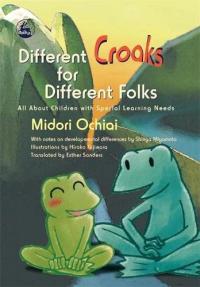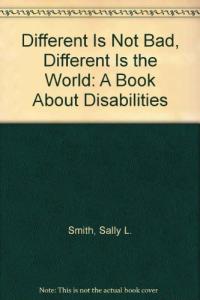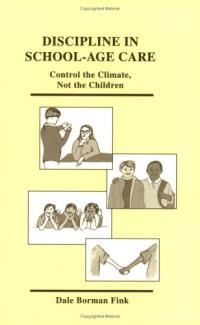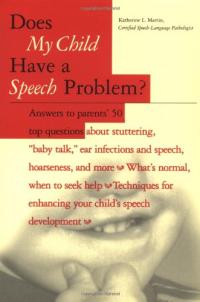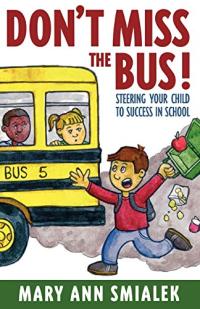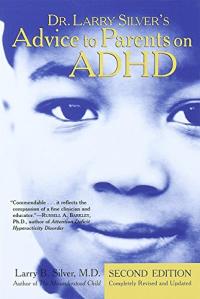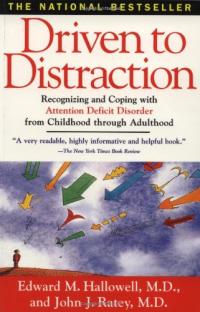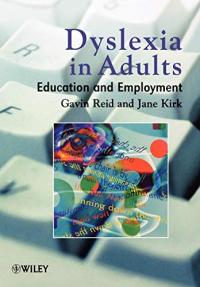
Developing Recreation Skills in Persons with Learning Disabilities
This book is designed to help recreation leaders better understand individuals with learning disabilities in order that they may better implement quality leisure experiences. The book describes in detail characteristics of various learning disabilities; the instruments used to diagnose learning disabilities; self-awareness of a learning disabled in regard to learning, living, and leisure; the benefits of leisure to a learning disabled individual; and possible modifications needed in the delivery of recreation and leisure services to these individuals. Packed with helpful appendices and suggestions, it sheds new light on helping create quality leisure experiences for all individuals.
